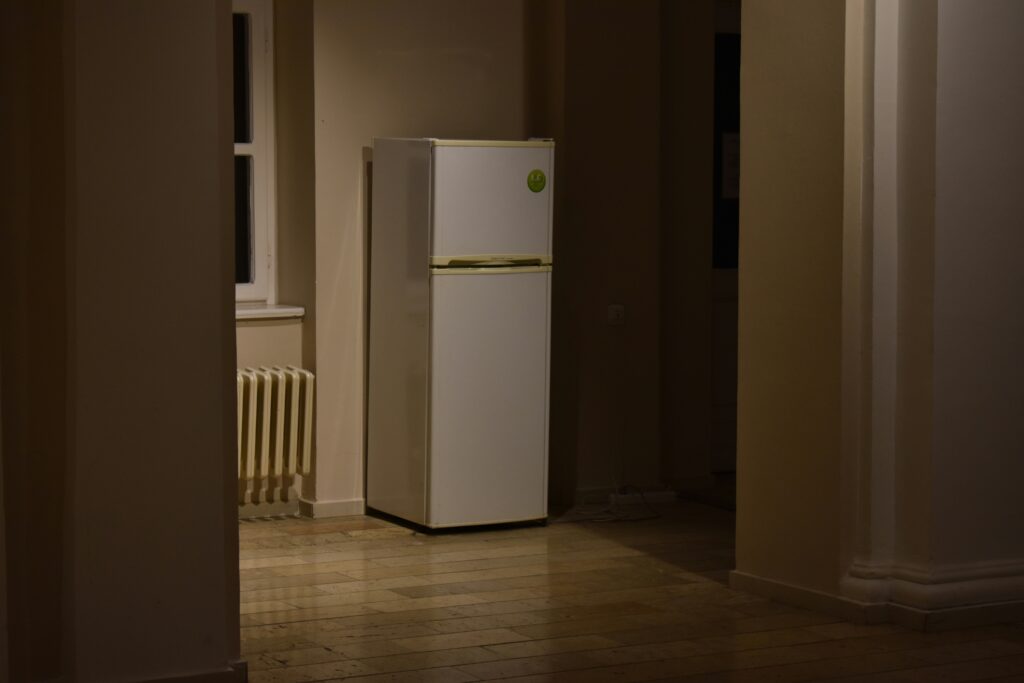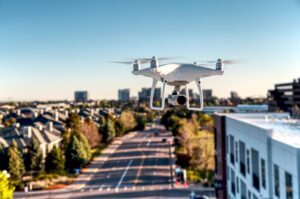Who would have thought that a humble household appliance could revolutionize the way we interact with technology? Yes, you read that right – the smart refrigerator is not just for keeping your groceries fresh anymore.
With the integration of AI technology, smart refrigerators can now do so much more than just chill your drinks. They can suggest recipes based on the ingredients you have inside, create shopping lists for you, and even place online grocery orders when you’re running low on essentials. In fact, some models can even track expiration dates and notify you when it’s time to toss that questionable container of leftovers.
According to a report by Allied Market Research, the global smart refrigerator market is expected to reach $5.7 billion by 2026, driven by the increasing adoption of smart home devices and the growing trend of connected kitchens. As more consumers seek convenience and efficiency in their daily lives, the demand for innovative appliances like smart refrigerators continues to rise.
But it’s not just about convenience – the rise of smart refrigerators also has implications for data privacy and security. With these devices collecting and storing information about your eating habits and grocery preferences, questions arise about who has access to this data and how it is being used. As we embrace the era of the connected home, we must also consider the implications of sharing our personal information with our appliances.



